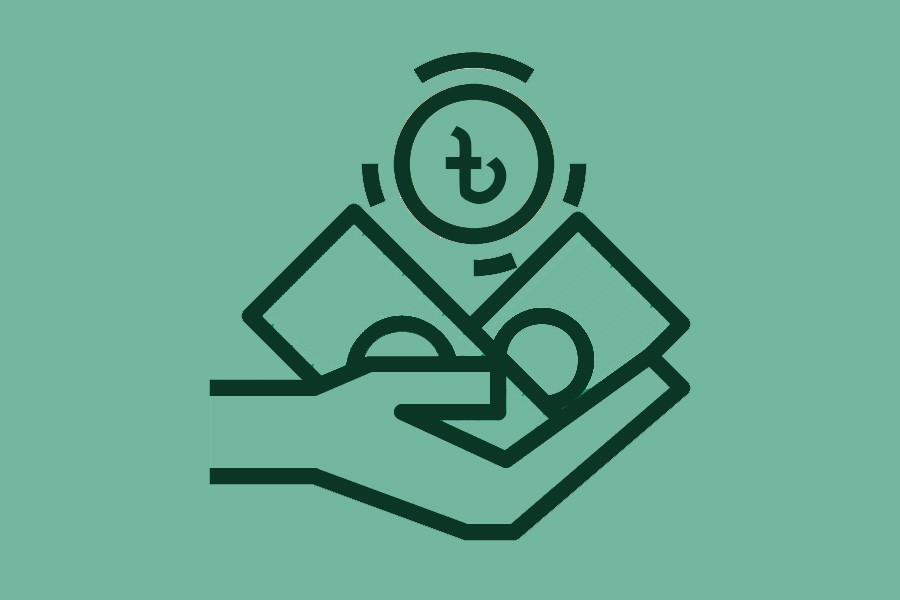
Published :
Updated :

Services sector in the country is perhaps one of the grey areas where information and data are the most chaotic in the absence of any methodical attempt to put on record the scope and operation of the service providers in a vast array of activities. This has been one of the critical problems for the government to actually assess the needs and prospects of the sector in order to be able to formulate policies on the one hand and on the other to address difficulties that might be impeding its growth.
The problem often poses itself as an embarrassing one for the negotiators while negotiating with trading partners, especially when it comes to making requests or offers in the services sector.
Attempts were made occasionally to take stock of the operational aspects of the service providers, but to no worthwhile purpose. A recent move has reportedly been taken by the commerce ministry to identify the country's service operators having potentials for export in order to gain preferential market access to the developed and developing countries under the services waiver scheme of the WTO (World Trade Organisation).
The eighth WTO ministerial conference held in Geneva in December 2011 decided in favour of the LDCs (least developed countries) to get preferential access in developing and developed member states in respect of services exports. To render the decision operational, the daunting task is to collect detailed data on services-related information, potentials of export, current and likely destinations of export, mode of supply of services and so on. Under the waiver provision, LDCs like Bangladesh could get preferential market access including under mode-4 of the GATS (general agreements on trade in services) agreement relating to movement of natural persons.
A good deal, however, will obviously depend on negotiations based on ground realities and a clear understanding of the benefits likely to come by. Presently, there are many challenges for the LDCs in services export that include among others taxes and charges, non-recognition of academic degrees obtained in the LDCs, certification of the services, difficulties in obtaining licence, quota for foreign professionals, lack of market information to enter into the developed countries' markets etc.
The concept of granting preference for services export is new and may not at all be similar to those allowed for goods exports. Over and above, it is worth noting that there are no mandatory provisions for preference-granting countries to provide the waiver for services exports. So long, Bangladesh like many LDCs has concentrated on merchandise exports and signed RTAs (regional trade agreements) with partner countries where the main thrust has remained on preferential exchange of goods. Currently, Bangladesh is a signatory to the services agreement under SAFTA (South Asian Free Trade Agreement), and is going to sign another services agreement under BIMSTEC (Bay of Bengal Initiative for Multisectoral Trade and Economic Cooperation). Services negotiation under SAFTA has been going on for sometime, but there has not been any noticeable headway for the simple reason that there is very little information as to the actual number of service operators in various fields, their modes of operations, potentials for export, difficulties and threats being faced and above everything else, whether one or more sectors would be harmed and to what extent, if service providers from contracting countries are allowed to operate in the country. It is because of this communication gap that chances of causing undesirable damage to the country's service sector should warrant serious attention from the concerned authorities.
This being the reality, it is crucially important that the government must have a comprehensive account of the services sector of the country. Asking the chambers and trade associations to send filled-in questionnaire may not at all be adequate. Similar attempts were made in the past that did not serve any useful purpose. This is a serious research area and dedicated researchers should be engaged to come up with as exhaustive a picture as possible by means of elaborate data and information on the services being currently provided by innumerable agencies in a large variety of areas.
It need not be mentioned that in the absence of factual data, services sector is one of the neglected areas and despite its being not organised, its contribution to the GDP is the highest. To facilitate the sector, it is of utmost importance for the government to know where it actually stands with its strengths and weaknesses


 For all latest news, follow The Financial Express Google News channel.
For all latest news, follow The Financial Express Google News channel.